The vast expanse of space has always fascinated humanity. From the earliest days of looking up at the stars and dreaming of what lies beyond, to the modern era of space exploration, our fascination with the cosmos has only grown. Astronauts, those intrepid explorers who venture into space, serve as our eyes and ears, bringing back stories and insights that challenge our understanding of the universe. Their experiences, shared through interviews, books, and social media, provide us with glimpses of a world beyond our own, filled with phenomena that defy our Earth-bound expectations. But today we talk about some amazing Space Facts.

History of Space
The scientific revolution of the 17th century, with figures like Galileo and Newton, laid the groundwork for our modern understanding of the universe. Their discoveries challenged the prevailing view of Earth as the center of the universe and opened the door to the idea of a vast, expanding cosmos.
The 20th century marked the dawn of the space age. The development of rocket technology during World War II set the stage for the post-war space race between the United States and the Soviet Union. This competition, fuelled by the Cold War, drove rapid advancements in space technology. The launch of Sputnik in 1957 shocked the world and demonstrated the feasibility of space travel. This event was followed by a series of historic firsts: the first human in space, Yuri Gagarin, in 1961; the first woman, Valentina Tereshkova, in 1963; and the monumental first steps on the Moon by Neil Armstrong in 1969.
These pioneering expeditions were not just technological achievements; they were symbolic victories that showcased human ambition and resilience. The space race catalyzed the development of satellites that revolutionized communication, weather forecasting, and our understanding of Earth’s environment. It laid the foundations for international cooperation in space exploration, as exemplified by the ISS, a joint project involving multiple countries. The history of space is a narrative of breaking barriers, both literal and metaphorical, expanding the limits of human potential.
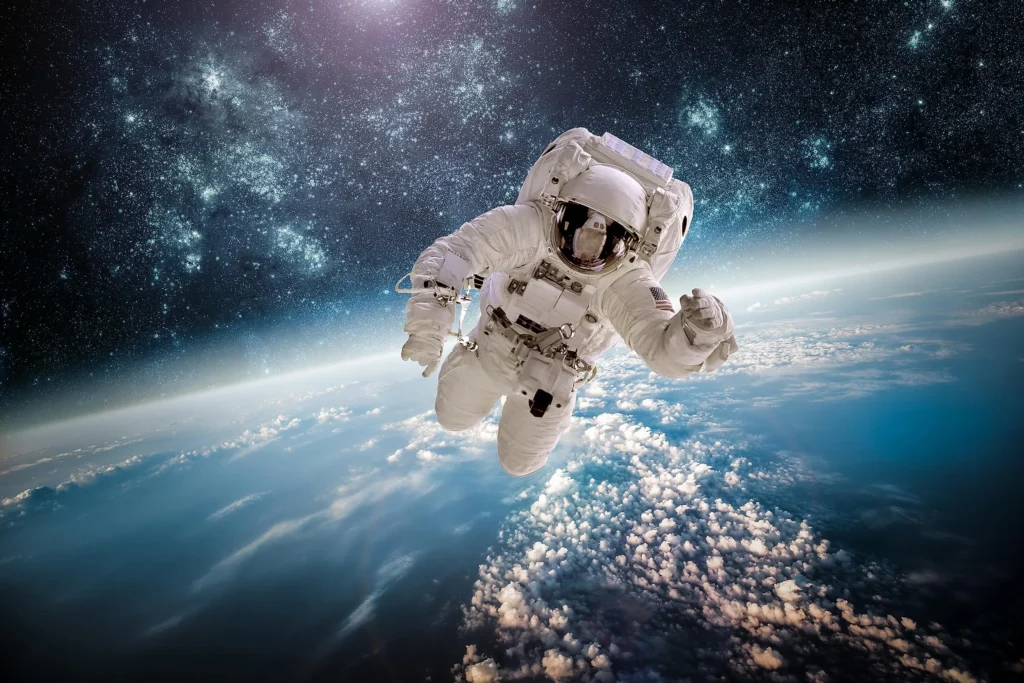
Astronauts’ Life in Space
The daily life of astronauts in space is a fascinating study in adaptation and ingenuity. In the microgravity environment of space, simple activities like eating, sleeping, and personal hygiene require special equipment and procedures. Food must be packaged to prevent crumbs from floating away, and sleeping bags are tethered to walls to keep astronauts from drifting around the cabin. Water behaves differently too, forming spherical blobs that can be pushed through the air. Despite these challenges, astronauts find ways to enjoy meals and maintain routines, creating a semblance of normalcy in an extraordinary setting.
The work of astronauts is varied and demanding. Scientific research is a primary focus, with experiments that take advantage of the unique conditions of space. Without Earth’s gravity, researchers can study phenomena impossible to replicate on the ground, from the behavior of flames and fluids to the effects of microgravity on the human body. Maintenance and repair of the spacecraft and equipment are also critical tasks, requiring skill and precision. Spacewalks, while offering breathtaking views, are complex and risky operations undertaken to install new hardware or fix issues outside the spacecraft.
The psychological and emotional aspects of space travel are equally important. Astronauts must cope with isolation, confinement, and the stress of living and working in a high-risk environment. They rely on communication with family and support teams on Earth, along with recreational activities and personal hobbies, to maintain their mental health. The experience of seeing Earth from space, with its delicate atmosphere and unified continents, often has a profound impact on astronauts, deepening their appreciation for the planet and humanity’s place within the cosmos.
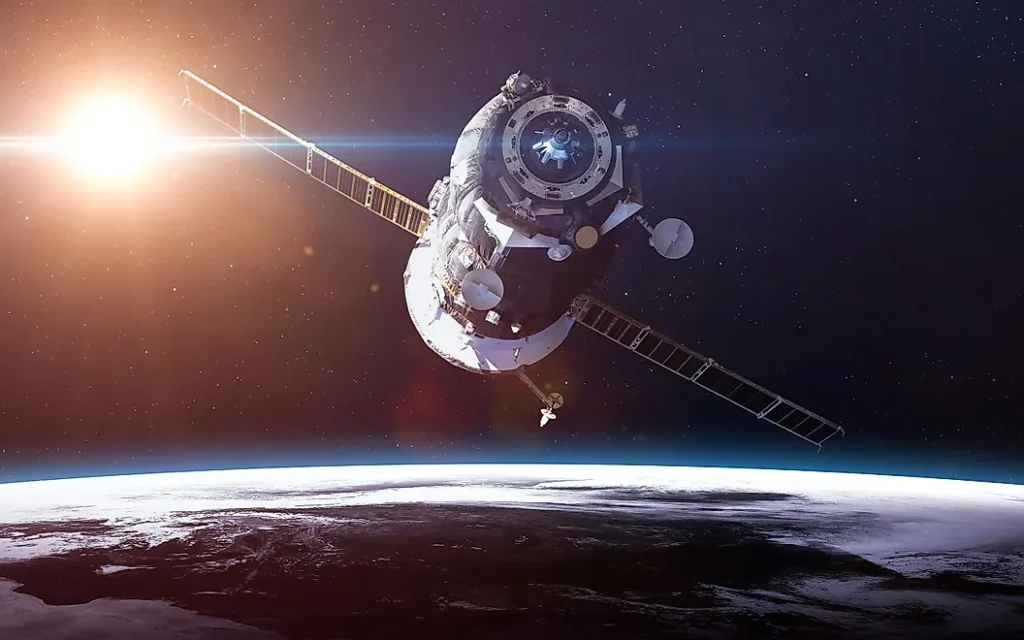
Here are the 20 Amazing Space Facts that Blow Your Mind-
Astronauts have shared countless stories and insights from their journeys, offering us a glimpse into the wonders and oddities of space. Here are 20 amazing space facts that capture the imagination:
1- The silence of space is profound. Without air to carry sound, astronauts experience a quiet like no other.
2- Space has a distinct smell. Returning astronauts describe it as seared steak, hot metal, and welding fumes.
3- In microgravity, astronauts can grow up to 5cm taller, although the effect is temporary.
4- The beautiful auroras seen from Earth are even more spectacular from space.
5- A day on Mars is just over 24 hours, closely resembling Earth’s day length.
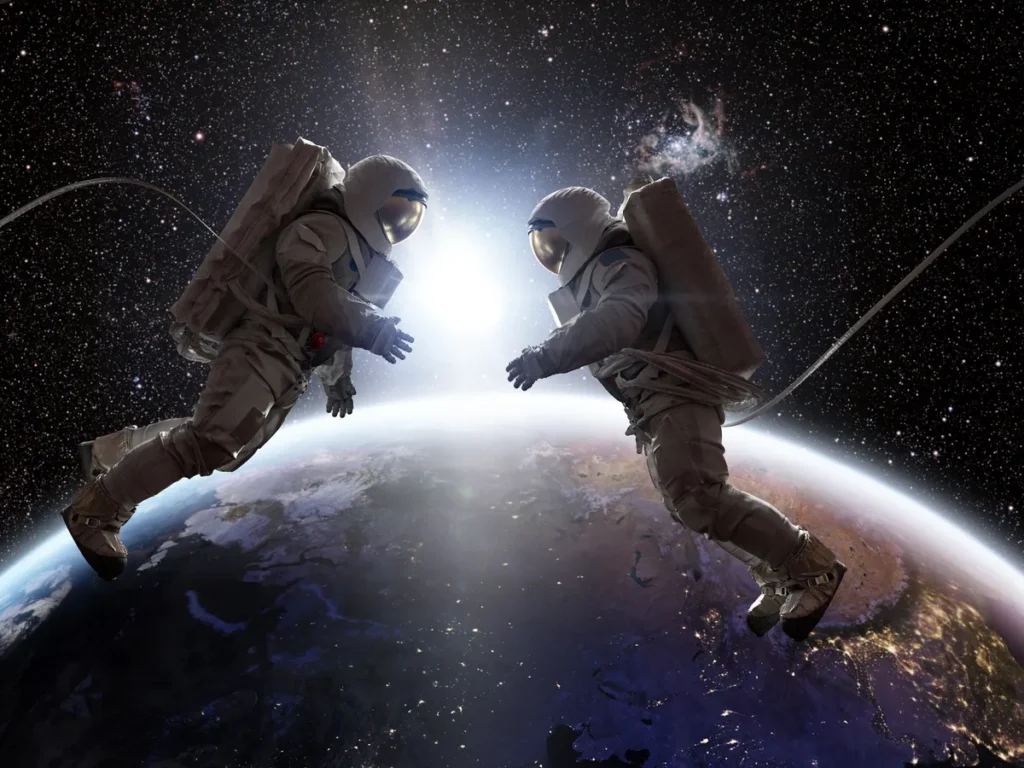
6- Venus spins in the opposite direction to most planets in our solar system.
7- The zero-gravity environment causes astronauts’ spine to stretch, leading to temporary height increases.
8- Space is not completely silent; the Sun generates a constant hum that can be heard with the right instruments.
9- Astronauts must exercise two hours a day to combat muscle and bone density loss.
10- Tears don’t fall in space; they form bubbles around your eyes.
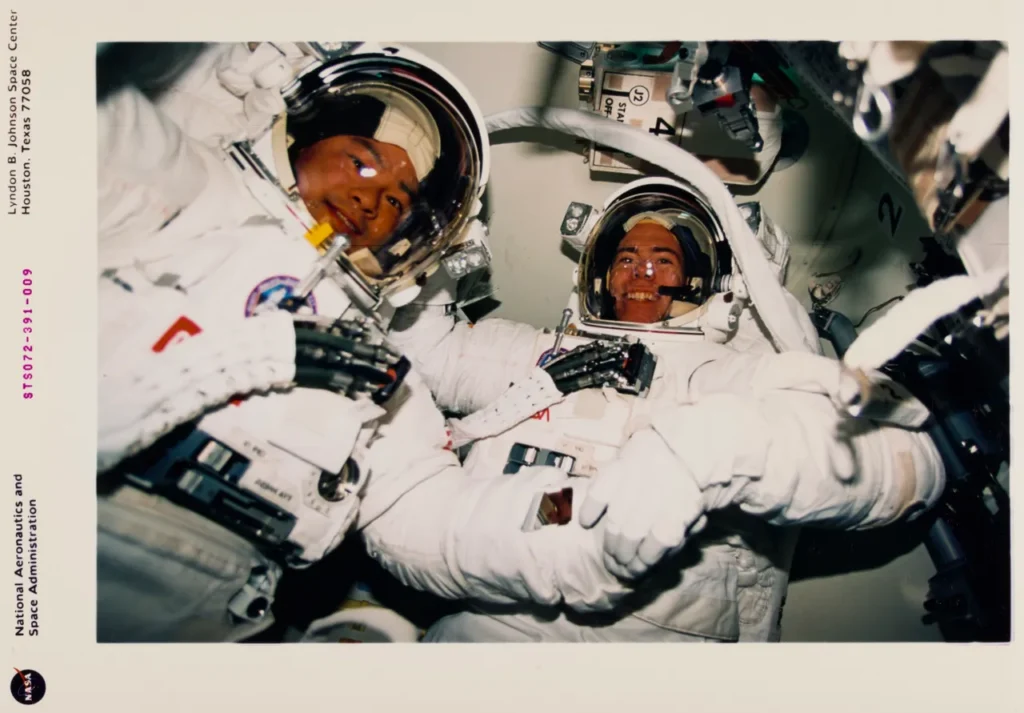
11- The ISS travels at 7.66 km/s, orbiting Earth approximately every 90 minutes.
12- Spacecraft cabins are kept at a comfortable temperature, but spacewalks can experience extremes from -157°C to 121°C.
13- Floating debris, or “space junk,” poses a significant risk to spacecraft and astronauts.
14- The Hubble Space Telescope has captured images of galaxies over 13 billion light-years away.
15- Water behaves strangely in microgravity, forming floating spheres that astronauts can drink from.
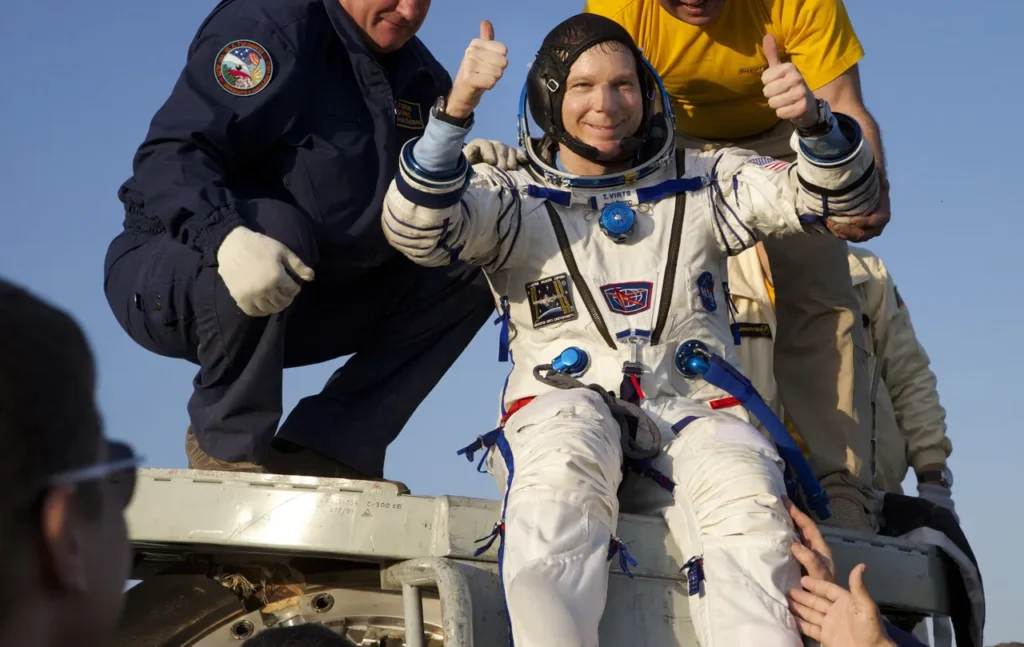
16- The Moon smells like spent gunpowder, according to astronauts returning from moonwalks.
17- Viewing Earth from space can inspire a cognitive shift in awareness, known as the “Overview Effect.”
18- The longest continuous time spent in space by an astronaut is 437 days.
19- Weightlessness can cause astronauts to experience space motion sickness.
20- Sunrises and sunsets happen every 90 minutes on the ISS, offering a spectacular light show.













